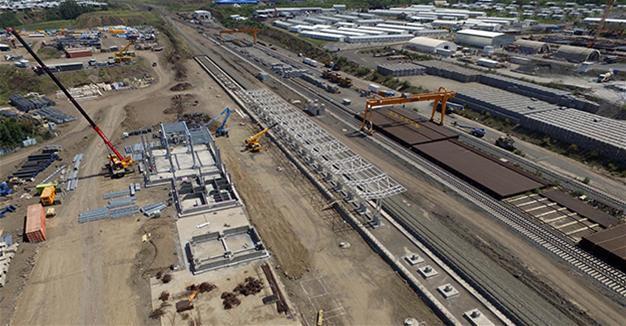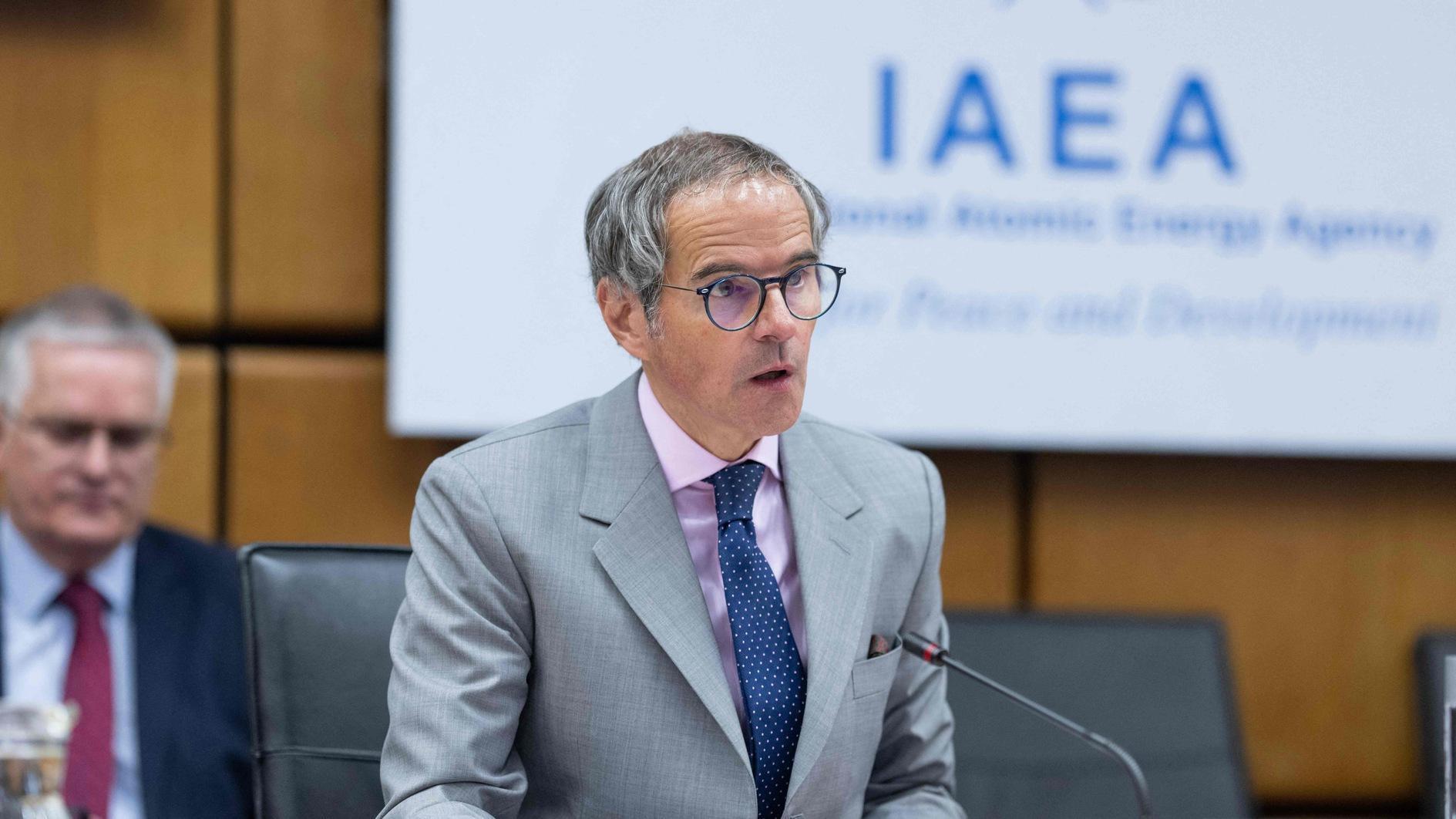Turkish construction giant mulls growth in Africa
ADDIS ABABA - Anadolu Agency
 Turkish construction giant Yapı Merkezi hopes a $3 billion modern railway-line project it is building in Ethiopia and Tanzania will showcase its skills and make it a “trusted development partner” in Africa.
Turkish construction giant Yapı Merkezi hopes a $3 billion modern railway-line project it is building in Ethiopia and Tanzania will showcase its skills and make it a “trusted development partner” in Africa. The consortium, which prides itself on successfully building some 2,600 kilometers of line (1,615 miles) and a dozen rail systems in different parts of the world, first set foot in the African infrastructure market with its Casablanca and Algiers light railway networks.
Financial Affairs Manager Murat Öcal told Anadolu Agency its first two African projects marked the beginning of its expansion on the fast-growing continent.
“The projects were completed on a high note and showcased our competence and Turkish technological advancement,” he said.
The latest Ethiopian and Tanzanian standard-gauge railroad contract is the first African megaproject for the company, Öcal added.
The 3,910 km (2,430-mile) Awash-Kombolcha-Hara Gebya single-line railway project, which began in 2015 at a cost of $1.7 billion, will link northern and eastern Ethiopia and also connect it to a central rail network which stretches to the port of Djibouti.
According to the Ethiopian government’s Growth and Transformation Plan, the line will enhance the country’s internal and external freight and passenger transportation capacity.
Construction of the first phase, which consists of dozens of tall bridges and long tunnels, has been successfully completed, according to Öcal.
“The second phase needs additional financing and hopefully the Ethiopian government will fix it and we will complete it in double-quick time,” he added.
Yapı Merkezi’s Tanzanian project, which was signed in April 2017, is worth $1.2 billion and its first 250-km (155 mile) section, will connect Dar es Salaam to Morogoro.
According to a company document, the railroad will provide a ground speed of 160 kilometers per hour (99 mph).
“Our model will be the same, in Ethiopia, Tanzania and other future projects,” said Öcal.
















